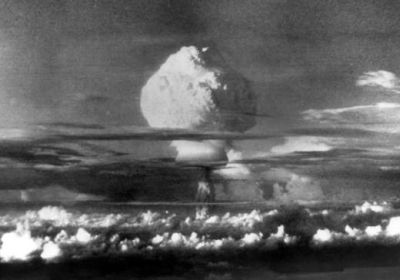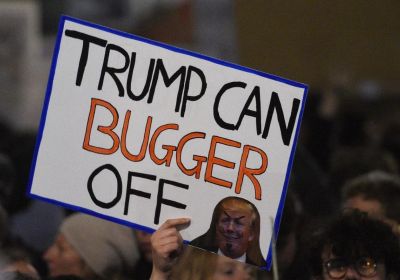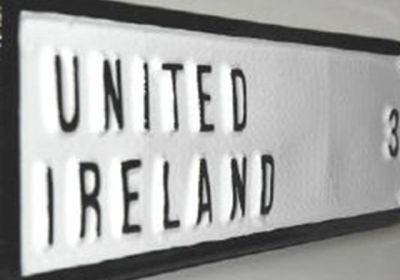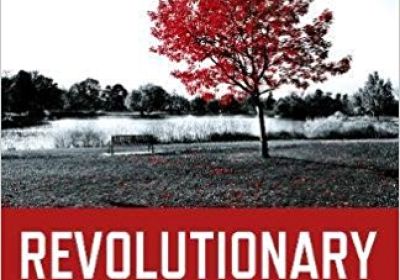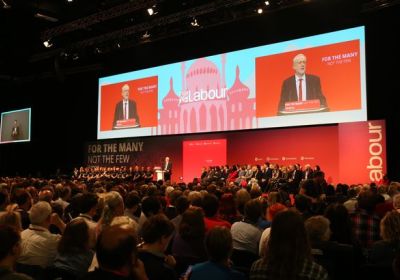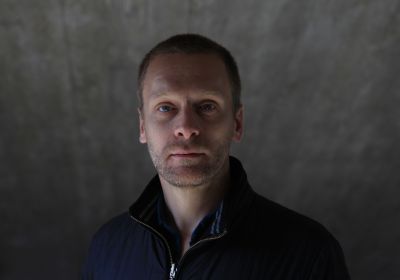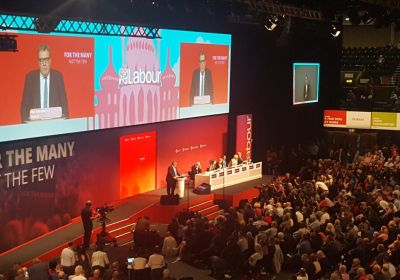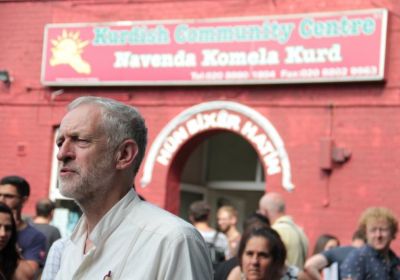
As Turkey’s air force bombed the Afrin canton in northern Syria, causing growing civilian casualties in a region that is home to hundreds of thousands of refugees, British Prime Minister Theresa May signed a new deal worth £100 million with Turkish President Recep Tayyip Erdogan on January 28 to help Turkey develop new fighter jets.
By contrast, the socialist leader of the Labour Party opposition, Jeremy Corbyn, sent a message to a protest against Turkey’s invasion that expressed his solidarity with Afrin and the Kurdish people.
